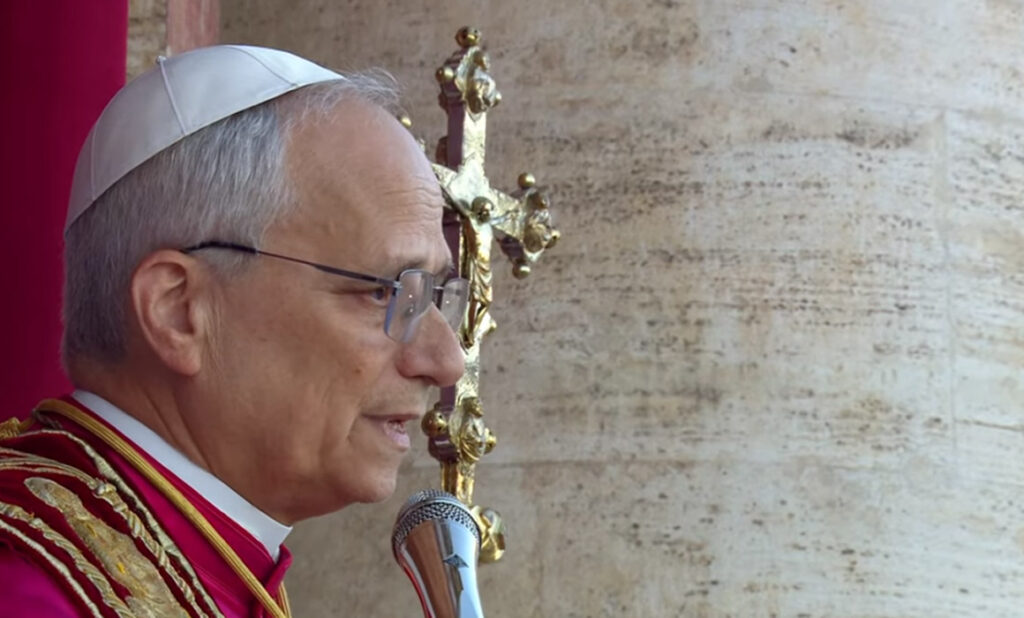Feelings, feelings
Feeling, Thinking, and Wanting: The Triangle of the Human Condition

Feeling good, feeling bad. We feel in body and soul, and it shows on our faces: what’s wrong? What’s wrong with you? Joy, sadness, anguish, anxiety, serenity, restlessness, joy, and a long etcetera. All these emotions can be grouped into the verb “feel,” which cannot be reduced to the other two verbs, equally important to the human condition: “thinking” and “wanting.” And just as the bard can say that “he is a poet even when he ties his shoes,” it can also be said—in the words of Theodor Haecker (Metaphysics of Feeling, Rialp, 1959)—that any of the countless singular acts that the spirit performs constitute a similar unity of thinking, feeling, and wanting, intertwined in a prodigious way (see p. 81).
This book by Haecker (1879-1945), published posthumously, was a pleasant surprise. Those were times when intelligence and willpower were enough to fully understand the human being. Making feelings visible and placing them on the same level as the other two faculties could have seemed somewhat pretentious in the 1950s, which is why Haecker is a pioneer in this revaluation of affectivity. He says: “Feeling is (…) the abysmal and primordial depth of the subjectivity of all being, the original and ever-changing manifestation of being as subjectivity, perpetual movement, the essence of restlessness (…). We are not far from achieving here a unity of rest and movement: like the sea. And like the sea, which is the greatest elemental power on this planet, feeling fills and fulfills, penetrates and impregnates, extensively and intensively, almost the entire continent of human substance (p. 84).”
Rest and movement, restlessness and serenity. Fleeting emotions, deep feelings. Feelings, a sea that floods all of humanity in varying intensities, without, of course, nullifying the other faculties. Thinking, feeling, and wanting are all intertwined. We must distinguish them without separating them; together they shape our disposition. How much of each? The measure, a difficult matter. By defect or deficiency, we reach superficiality, impassivity, or pusillanimity. By excess, we fall into cold rationalism, overflowing sentimentality, or rigid voluntarism. Finding the measure is much like gardening: pruning here and there, harmonizing sizes and colors, tending light and shadow; sowing and waiting. It is difficult to organize one’s thoughts, even more difficult to organize one’s feelings. Feel the body, feel the mood, feel the spirit. And not all feelings are easily communicated. There are those that are noticeable in the eyes, and there are also those of which we can barely manage to stammer out a few poor expressions.
Reason thinks, will wants, and feeling feels. And the ordinary thing is that, as long as we don’t go into automatic mode, our whole person appears in every act. The three don’t always go hand in hand: I know, I want, and I feel in unison. We would love to achieve that vital symmetry. However, sometimes we know, but we don’t want to; other times we want to, but we don’t feel like it. It’s all kinds of things, like in a pharmacy. Achieving harmony between clarity of thought and warmth of heart, firm resolve and cordiality in dealing with others, is the very essence of the existential adventure. In any case, feelings play a crucial role in the art of being happy. Haecker, on this point, is very clear and states that “the pure and original form of feeling is happiness.” It is in feelings, understood in all their range and depth, that we determine the happiness or misfortune of our personal narrative.
Feelings are not, in any case, the backroom of the human being. They are in the body and in the soul; they are also in the spirit. They have their own citizenship, and we must take them into account. For example, the idea of an informed vote at the polls is fine, but voters are not pure reason; feelings also vote. The oft-repeated paradigm of the rational consumer, who makes decisions in the market (politics, economics, culture, business), seeking to maximize profits, is a methodological reductionism that ignores the integrity of the human being. There are Pascal’s The Reasons of the Heart That Reason Does Not Understand, and Carlos Cardona’s The Good Love in the Soul to Think Well, to remind us how intertwined all dimensions of the human condition are.
Related

Mary’s Motherly Heart
José María Montiu de Nuix
12 May, 2025
4 min

“For you I am a bishop, among you I am a Christian”
Academia de Líderes Católicos
10 May, 2025
5 min

Pope Leo XIV: Reiterating a Call for Peace and Unity
María Elizabeth de los Ríos
10 May, 2025
3 min

Leo XIII, a papacy between modernity and tradition
Francisco Bobadilla
09 May, 2025
5 min
 (EN)
(EN)
 (ES)
(ES)
 (IT)
(IT)

